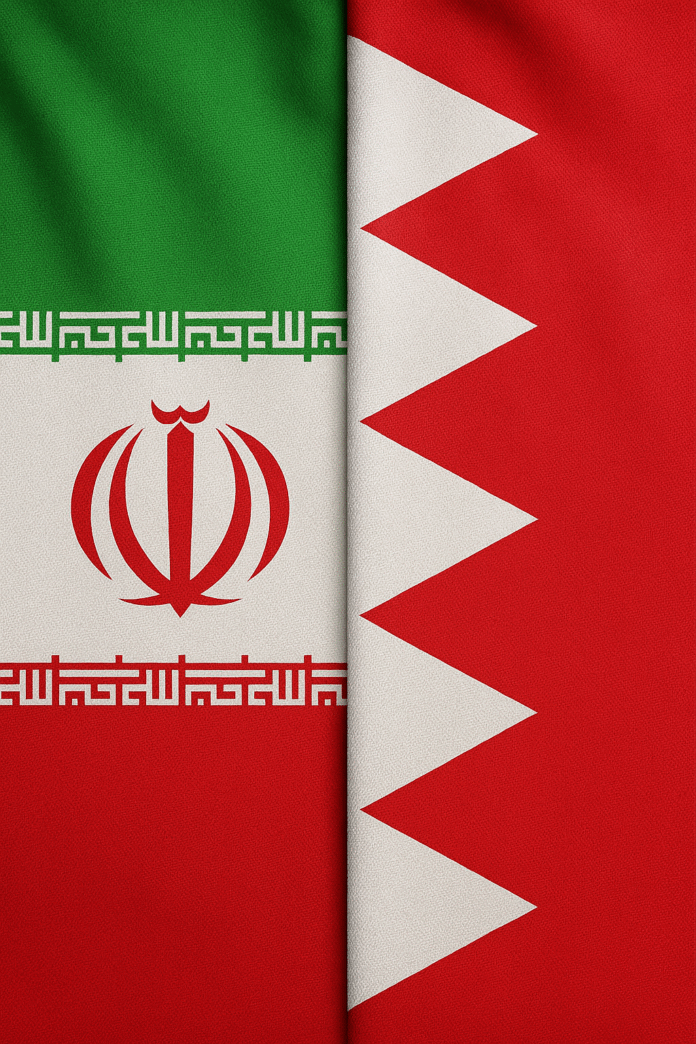As tensions escalate in the Gulf, Bahrain finds itself at the political center of a growing crisis. Iran nuclear fallout threatens Gulf region and could trigger chaos just 180 nautical miles from Bahrain’s coast. The island hosts the U.S. Navy’s Fifth Fleet and acts as a key American foothold in the Middle East.
The danger lies in Iran’s Bushehr Nuclear Power Plant, located near the Gulf coast. Any attack or accident there could release radiation into the sea. However, that contamination would threaten Bahrain’s main water source—desalinated Gulf water. Political fallout would also follow immediately.
Furthermore, Bahraini leaders face a rising wave of domestic concern. Citizens fear the health consequences of exposure. Political opposition may seize on this issue to criticize national security decisions. At the same time, Gulf neighbors like Qatar and the UAE are already raising alarms over the risk of nuclear fallout.
Iran nuclear fallout threatens Gulf region in ways that also endanger diplomatic ties. Any Western military action against Iran could put Bahrain in the line of fire. Iran may view the U.S. base in Manama as a legitimate military target. That would pull Bahrain deeper into the regional conflict.
Bahrain’s alliance with the U.S. strengthens its position, but also increases its vulnerability. Hosting the Fifth Fleet provides security benefits, yet brings foreign tensions directly onto Bahraini soil. Leaders must now balance national safety with strategic commitments.
International observers warn that fallout from Bushehr could spark regional unrest. Gulf unity would fracture. Iran’s allies might also exploit the crisis to expand influence. Meanwhile, citizens across Bahrain and the wider Gulf would face rising food and water costs.
Overall, Iran nuclear fallout threatens Gulf region and places Bahrain’s political stability in question. The government must act fast. Strong diplomacy and regional coordination are now critical. With conflict just over the horizon, Bahrain stands on a knife’s edge.


